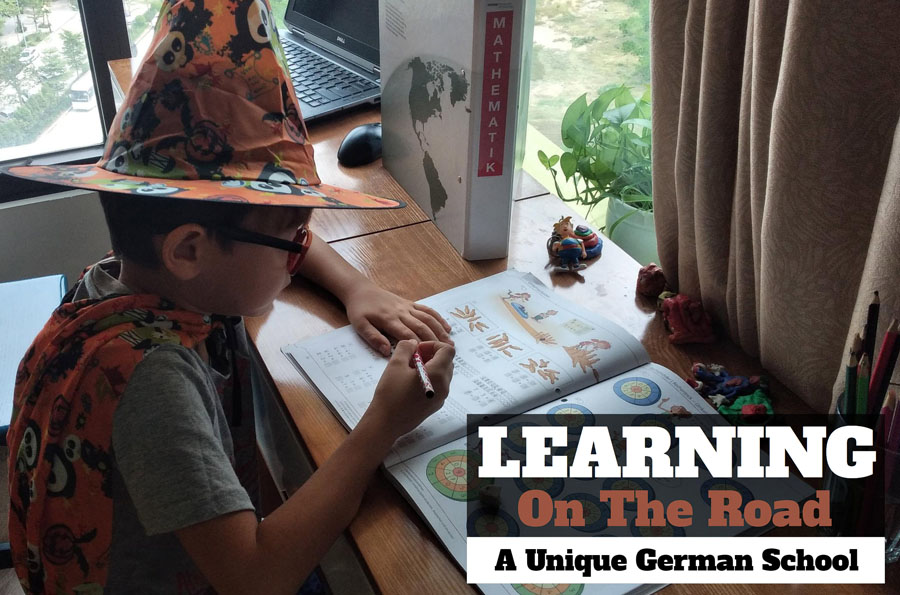 In 1971, the teacher Alfred Finken created the first distance learning material for primary school students on a private initiative. Alfred explained “The Muckenhaupt family wanted to go to Kenya with their young children and didn’t know how to do it. We looked around to see if there was a correspondence school. There was none.
In 1971, the teacher Alfred Finken created the first distance learning material for primary school students on a private initiative. Alfred explained “The Muckenhaupt family wanted to go to Kenya with their young children and didn’t know how to do it. We looked around to see if there was a correspondence school. There was none.
There was nothing left but for us to arrange to give some private help. “Can’t you give us some books?” – that was their question. I picked out a couple of books. But then I thought: “The mother must also be able to understand how to do all this.” And that’s why I designed the lesson units. I was still a teacher myself and had to do that early in the morning before school started. At five o’clock I was already sitting at the typewriter, typing matrices for the lesson letters.
The thought occurred to me: “What helps the Muckenhaupt family can also help others!”

Little Globulus is the school mascot, a funny and adventurous fellow who learns the subjects together with the students and helps to make learning a bit more fun..
Now in operation for over 50 years, Deutsche Fernschule offers children of German families school lessons that comply with German educational standards. Detailed learning materials and professional support make the school’s distance learning very successful. Kids can enter into distance learning at any time and each course covers the content of a school year for one subject.
Importantly the school offers a special course ‘German as a supplement’ for children that are attending local or international schools abroad, this helps the children to maintain a connection to the German language and to Germany, this course has been designed in acknowledgement that the students using the course may also have to cope with a long day of regular school on-site in addition to the supplemental course.
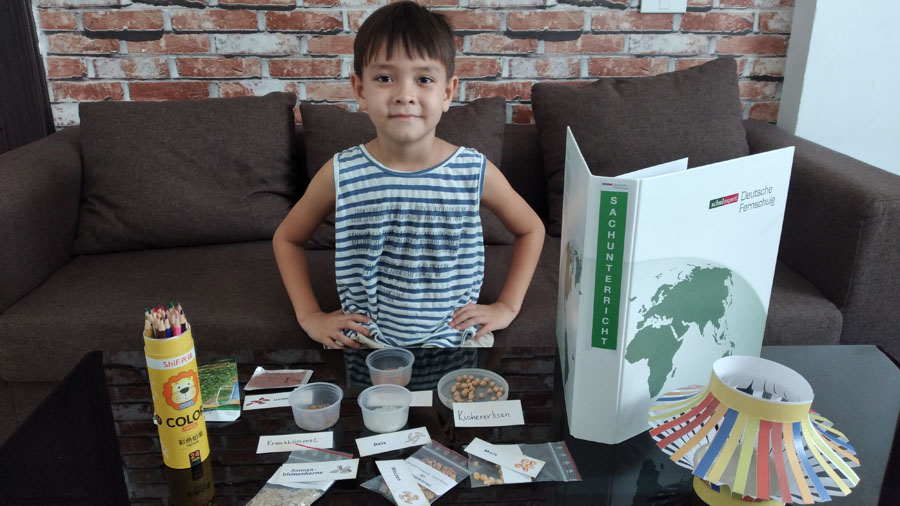

For German-speaking children abroad, lessons in their mother tongue are of inestimable value for two reasons: On the one hand, it makes an important contribution to the development of identity and personality. On the other hand, it ensures that the children speak and write German like their peers in Germany and this is particularly important if the family plans to return to Germany.
The school’s classic German course series fully covers all areas of German teaching that are provided for in the curriculum. The school has served over 45,000 students during its 50 years of operation. Now employing 28 staff, the school offers all subjects that are available in the German curriculum (German, Maths, English, Art, etc). Approximately 600 students ‘attend’ the school every year and for most families the duration of the time abroad is limited (2-5 years on average).
Many of the parents of the school’s students work in the public service (e.g. diplomats, professional soldiers) or as development workers, missionaries and as world travellers/overlanders.
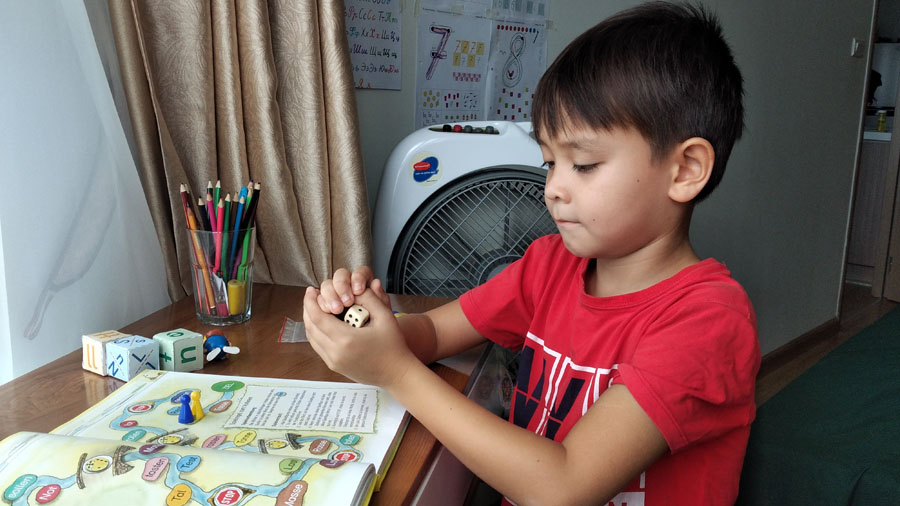
The school’s mascot is ‘Globulus’ a diminutive blonde fellow. Globulus is also a globe trotter and although for these students, the teacher is physically absent (though the teachers do correspond with the students) it can be more difficult for the kids to build a relationship with the teacher, and so Globulus helps here, learning with the students, providing a personality to connect with and can be funny, cheeky and also help to raise funny or good questions that the children may not have asked. Globulus provides a face and a personality for the children to connect with.
Distance learning is available from preschool through to grade 6. The school also serves students in Germany, providing Education according to German standards for children who cannot attend a regular school, for example Children on the Autism Spectrum, Children of youth welfare, gifted children, children suffering from illness that requires flexible and protected learning environments and more.

Within Germany an exemption from compulsory schooling is necessary for the student and there are restrictive requirements for this from the education authority.
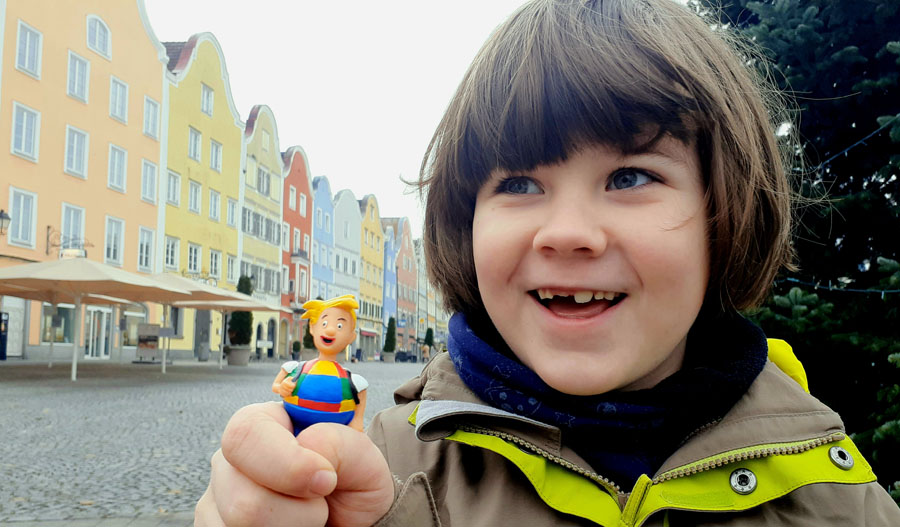

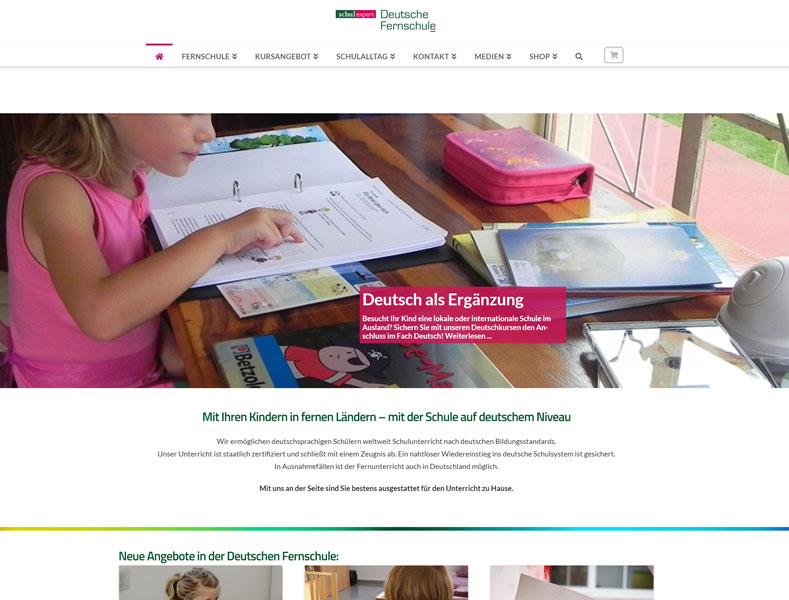






Recent Comments